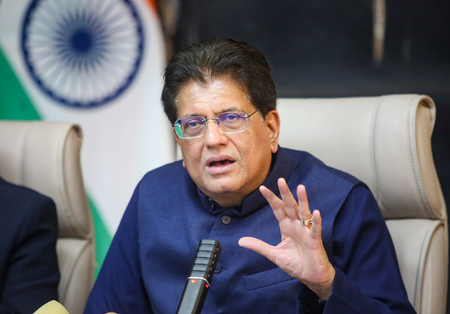
Kochi, Feb 19 (IANS) ICAR-Central Marine Fisheries Research Institute (CMFRI) on Wednesday distributed mangrove saplings to school students, with an aim to instil the importance of marine biodiversity conservation among the young generation.
The initiative was organised on the sidelines of the inauguration of a short-term training programme on integrated taxonomic techniques for marine biodiversity conservation.
The distribution of saplings of mangroves – shrubs or trees that grow mainly in coastal saline or brackish water and have particular adaptations to take in extra oxygen and remove salt, allowing them to tolerate conditions that kill most plants – takes place at a time when all the state’s districts except Idukki, Pathanamthitta, Palakkad, and Wayanad have some mangrove cover, with Kannur having the largest extent. However, despite their ecological significance, the total area of Kerala’s mangrove forests is estimated to be less than 50 square kilometres.
Participants of the training programme, including scientists or officials from various research institutes under the Indian Council of Agricultural Research (ICAR), distributed the saplings to the school students.
The students were urged to plant these saplings in areas near their school and to focus on developing mangrove patches.
The CMFRI will further help students monitor the growth of the patches through field visits and expert guidance.
CMFRI Director Dr Grinson George emphasised the role of mangroves in using as a bio-shield against storm surges, coastal erosion, and flooding.
“Mangroves will play a critical role in combating the impact of climate change and protecting coastal biodiversity, especially in tropical ecosystems,” he said.
The 10-day training will cover both theoretical concepts and practical applications, providing insights into the critical role of taxonomy and its applications in fisheries research
Over the past 50 years, human activity has led to a drastic decline in mangrove cover.
To tackle this the Kerala Forest Department, along with the local government bodies and NGOs, are actively working to conserve Kerala’s remaining mangroves and also promoting mangrove tourism, fostering a sense of appreciation for these natural wonders.
–IANS
sg/vd




